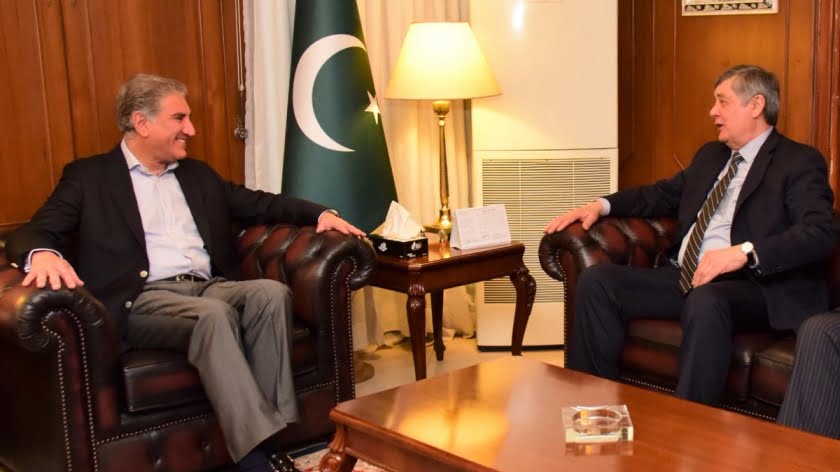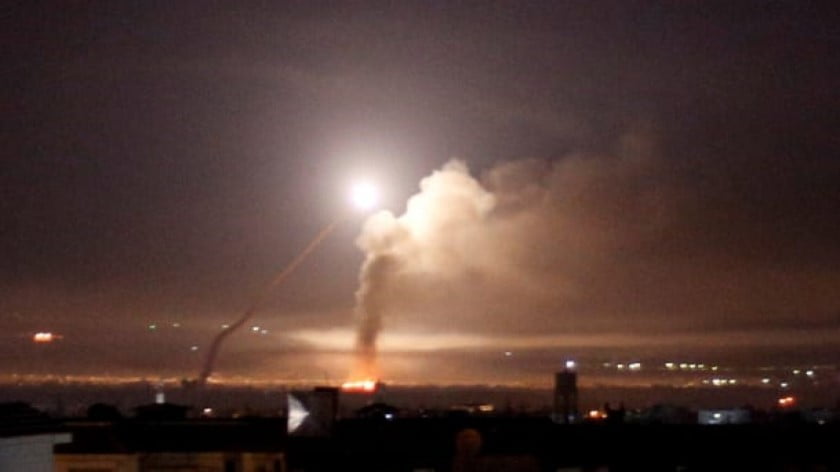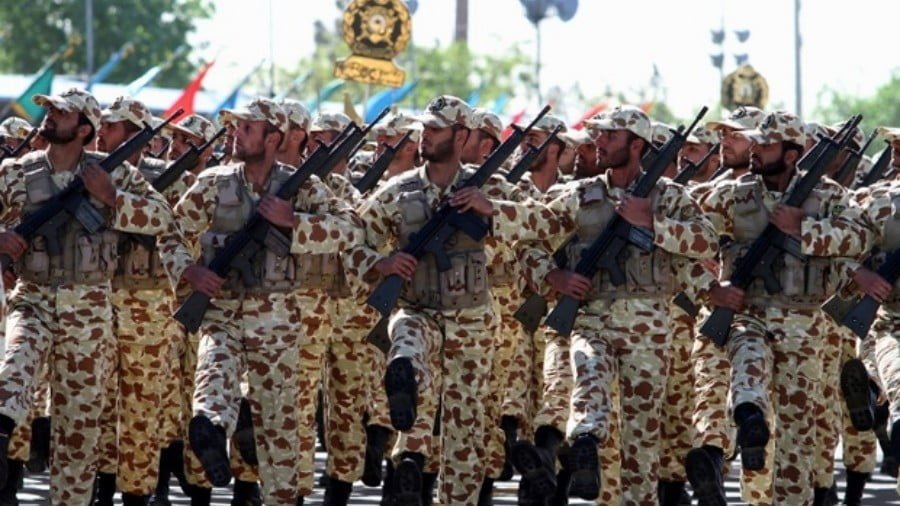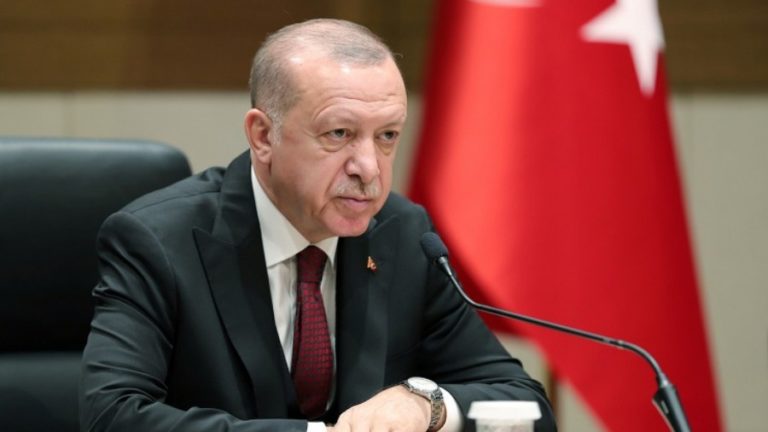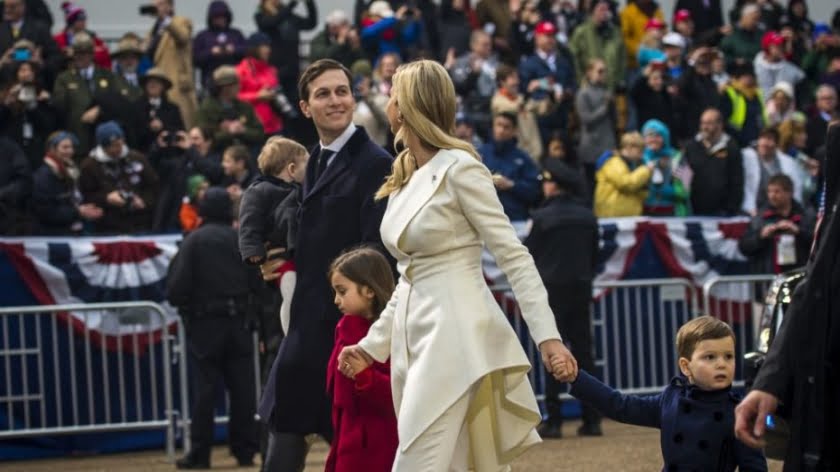Russia & Pakistan will Help Ensure a Stable US Withdrawal from Afghanistan
Russian Special Representative for Afghanistan Zamir Kabulov traveled to Islamabad on an unannounced visit to discuss the future of the war-torn state following the US’ possibly impending “phased withdrawal” from the country. It should be reminded that this very plausible scenario was brought about by the US’ Special Envoy for Afghanistan Zalmay Khalilzad’s shuttle diplomacy over the past month which was spurred by the last meeting of the Moscow peace process late last year that unprecedentedly saw the Taliban hosted in the Russian capital. That monumental event was a diplomatic game-changer because it proved that Old Cold War-era rivals Russia and Pakistan are now on the same page in the New Cold War when it comes to Afghanistan, which had previously been the scene of a bloody proxy war between the two during the 1980s.
Nowadays these two Great Powers have almost identical security interests stemming from the landlocked state, which first and foremost concern anti-terrorism but also involve other asymmetrical issues as well. It’s common knowledge that neither Russia nor Pakistan want to see terrorists passing through Afghanistan’s borders – whether entering the country from abroad from the Mideast for example or expanding beyond it into Central and South Asia – though they’re also worried that terrorist attacks in the borderland areas could catalyze large-scale migration exoduses that could destabilize those two aforementioned regions. Unwilling to risk getting drawn into “mission creep” by tackling these threats themselves, both countries evidently came to the conclusion that the Taliban is one of the best bulwarks against either of those scenarios happening.
That’s not the realm of “wishful thinking” or “political spin” either, since credible reports suggest that the Washington has also finally come around to seeing things Islamabad’s way and might be willing to withdraw from Afghanistan in exchange for the Taliban agreeing not to allow the country to be used as a base for international terrorist groups. The US might also recognize the Taliban as a legitimate party to the conflict, something that Russia had already tacitly done as of last year by hosting them in Moscow despite them still being officially designated as an “international terrorist group”. Pakistan, however, has always maintained pragmatic ties with the Taliban, so it makes sense for Russia to coordinate with the country in order to learn more about the group’s full anti-terrorist capabilities.
Russian-Pakistani relations are therefore rapidly approaching the strategic phase at least when it comes to their shared anti-terrorist and geopolitical interests in the run-up to the US’ potential withdrawal from Afghanistan by the end of 2020. These two Great Powers, more so than any other countries, are in the best position to ensure that the transition is as smooth as possible in the international structural sense, leveraging their leading regional security roles and respective contacts with the Taliban to preemptively thwart any transnational destabilization scenarios from materializing along Afghanistan’s northern and southern borders. While there’s still a lot of work ahead of them and anything can transpire before then, bilateral ties between Russia and Pakistan have never been more promising.
By Andrew Korybko
Source: Oriental Review

